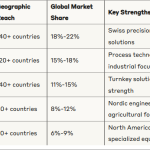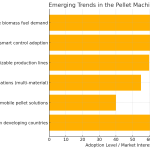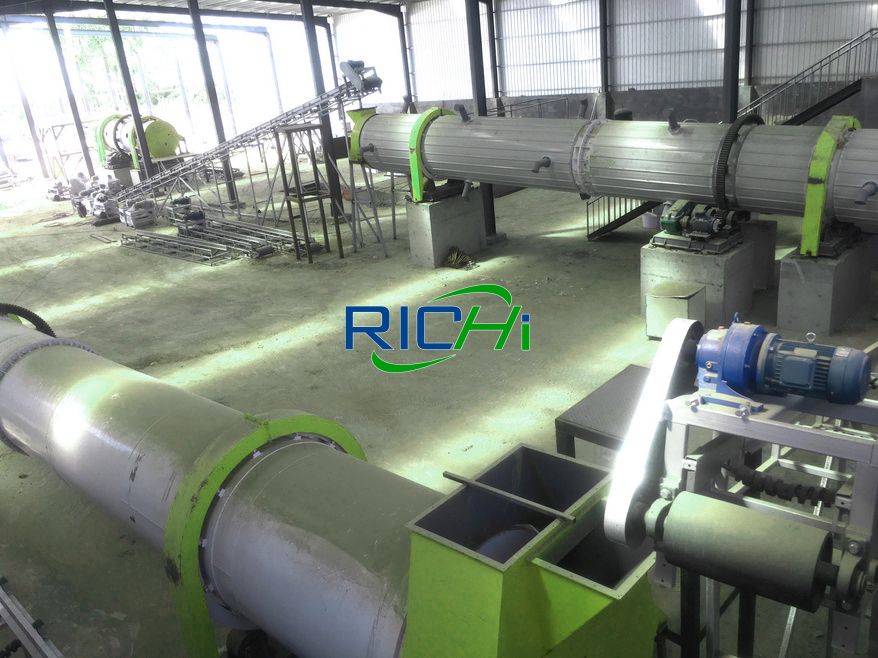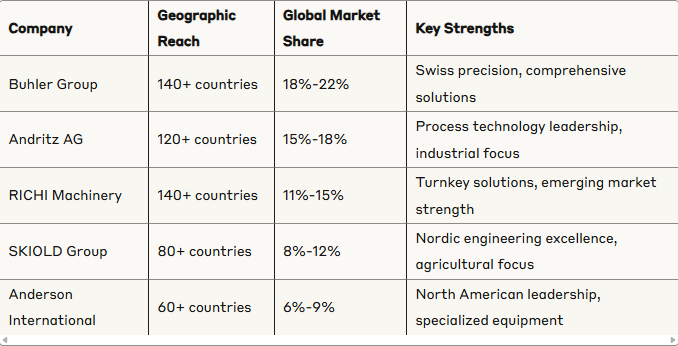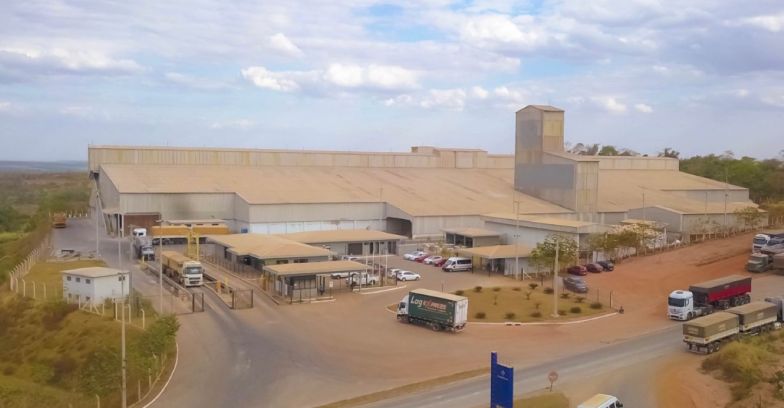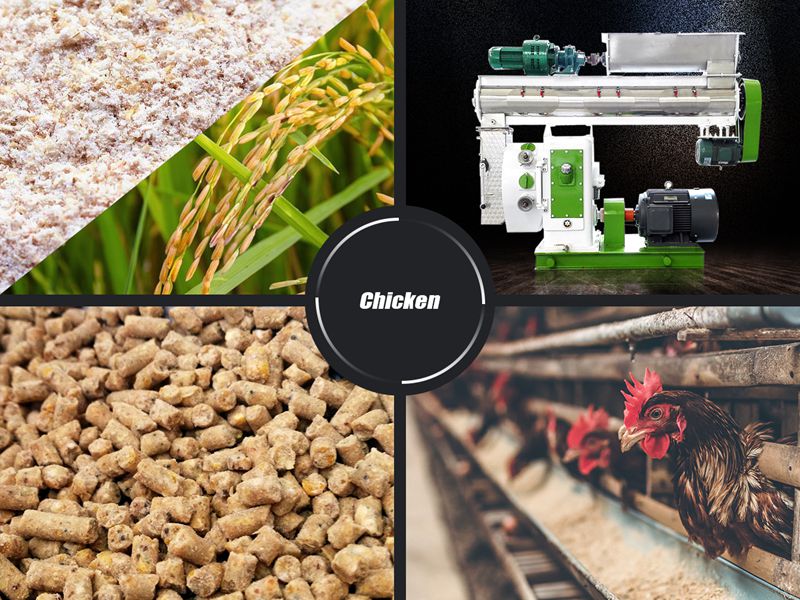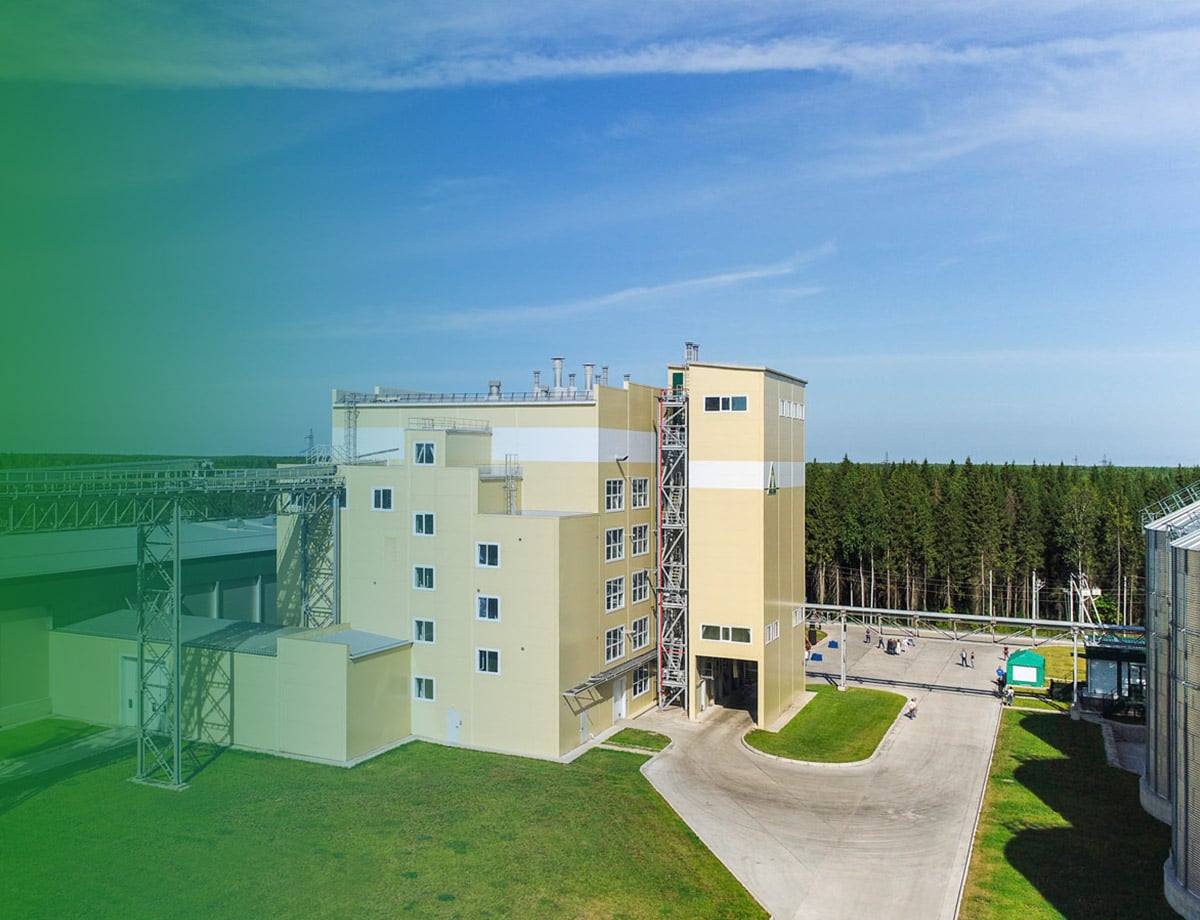In the ever-evolving landscape of modern agriculture, the demand for sustainable and environmentally friendly practices has become paramount. As the world grapples with the challenges of climate change, soil degradation, and the need to feed a growing population, organic fertilizers have emerged as a game-changer, offering a viable solution to nourish the earth while minimizing the environmental impact. At the heart of this revolution lies the organic fertilizer production line, a sophisticated system designed to transform organic waste materials into nutrient-rich soil amendments, fostering a more sustainable and resilient agricultural ecosystem.
The Rise of Organic Fertilizers
Conventional chemical fertilizers, while effective in boosting crop yields, have been associated with numerous environmental concerns, including soil degradation, water pollution, and greenhouse gas emissions. In contrast, organic fertilizers derived from natural sources, such as animal manures, plant residues, and composted materials, offer a more sustainable and environmentally friendly alternative.Organic fertilizers not only provide essential nutrients for plant growth but also contribute to soil health by improving its structure, water-holding capacity, and microbial activity. This holistic approach to soil management promotes long-term fertility, reduces erosion, and enhances the overall resilience of agricultural systems.
The Organic Fertilizer Production Process
The organic fertilizer production line is a complex and highly automated system that transforms raw organic materials into a stable, nutrient-rich product suitable for agricultural applications. The process typically involves several key stages:
- Raw Material Handling and Preparation: The first step involves the collection and sorting of organic waste materials, such as animal manures, crop residues, food waste, and municipal green waste. These materials are then preprocessed, which may include shredding, drying, or size reduction, to ensure optimal processing in the subsequent stages.
- Composting and Fermentation: The preprocessed organic materials undergo a controlled composting or fermentation process, facilitated by specialized equipment and carefully monitored environmental conditions. During this stage, beneficial microorganisms break down the organic matter, releasing nutrients and stabilizing the material.
- Screening and Separation: After composting or fermentation, the material is screened and separated to remove any unwanted contaminants, such as plastics or metals. This step ensures the final product meets quality standards and is free from potential hazards.
- Granulation and Drying: Depending on the desired product form, the organic fertilizer may undergo granulation or pelletization to create uniform, easy-to-handle particles. This process often involves the addition of binding agents and drying to achieve the desired moisture content and physical characteristics.
- Packaging and Storage: The final organic fertilizer product is packaged in various formats, such as bags or bulk containers, and stored in a controlled environment to maintain its quality and prevent degradation until distribution.
Throughout the production process, strict quality control measures are implemented to ensure the organic fertilizer meets regulatory standards and customer specifications. This includes regular testing for nutrient content, pH levels, moisture content, and the absence of harmful pathogens or contaminants.
Related post: https://www.richipelletmachine.com/bio-fertilizer-plant-project-cost/
Technological Advancements and Automation
The organic fertilizer production industry has witnessed significant technological advancements in recent years, driven by the need for increased efficiency, precision, and sustainability. Automated systems, computerized process control, and advanced monitoring technologies have streamlined the entire production process, reducing waste and ensuring consistent product quality.One notable development is the integration of Internet of Things (IoT) technologies, which enable real-time monitoring and data collection from various stages of the production line. This data can be analyzed using machine learning algorithms to optimize process parameters, predict maintenance needs, and identify potential bottlenecks or inefficiencies.Additionally, the industry has embraced sustainable practices, such as utilizing renewable energy sources, implementing energy-efficient equipment, and exploring innovative waste management strategies to minimize the environmental footprint of organic fertilizer production.
Benefits and Applications of Organic Fertilizers
The benefits of organic fertilizers extend far beyond their role in plant nutrition. These sustainable soil amendments offer a multitude of advantages for both agricultural systems and the environment:
- Improved Soil Health: Organic fertilizers enhance soil structure, water-holding capacity, and microbial activity, promoting long-term soil fertility and reducing the risk of erosion.
- Reduced Environmental Impact: Unlike chemical fertilizers, organic fertilizers do not contribute to water pollution, soil acidification, or greenhouse gas emissions, making them a more environmentally friendly choice.
- Increased Crop Resilience: Plants grown with organic fertilizers often exhibit increased resistance to pests, diseases, and environmental stresses, leading to improved crop yields and quality.
- Nutrient Cycling: Organic fertilizers contribute to the natural cycling of nutrients within the ecosystem, reducing the need for external inputs and promoting a more sustainable agricultural model.
- Diversification of Agricultural Practices: The use of organic fertilizers aligns with the principles of sustainable agriculture, encouraging crop rotation, cover cropping, and other regenerative practices that enhance biodiversity and ecosystem resilience.
Organic fertilizers find applications across a wide range of agricultural sectors, including conventional and organic crop production, horticulture, landscaping, and home gardening. As consumer demand for organic and sustainably produced food continues to grow, the role of organic fertilizer production lines will become increasingly crucial in supporting a more sustainable and resilient food system.
Challenges and Future Outlook
While the organic fertilizer industry has made significant strides, it is not without its challenges. One of the primary concerns is the availability and consistent supply of high-quality organic waste materials. As the demand for organic fertilizers increases, there is a need for robust waste management systems and effective partnerships with municipalities, agricultural operations, and other waste generators.
Another challenge lies in the standardization and regulation of organic fertilizer production processes and product quality. Establishing clear guidelines and certification systems can help ensure consumer confidence and facilitate the adoption of organic fertilizers on a larger scale.
Despite these challenges, the future outlook for the organic fertilizer industry remains promising. As the global population continues to grow and the impacts of climate change become more pronounced, the need for sustainable agricultural practices will only intensify. Organic fertilizer pellet production lines will play a pivotal role in this transition, providing farmers with the tools to nourish the soil, enhance crop productivity, and contribute to a more resilient and environmentally friendly food system.
Furthermore, ongoing research and innovation in areas such as nutrient recovery, microbial inoculants, and precision agriculture will further enhance the efficiency and effectiveness of organic fertilizer production and application. Collaborations between industry, academia, and policymakers will be crucial in driving these advancements and fostering a more sustainable and regenerative approach to agriculture.In conclusion, organic fertilizer production lines represent a vital component of the sustainable agriculture movement, offering a pathway towards a more environmentally conscious and resilient food system.
By harnessing the power of organic waste materials and leveraging technological advancements, these production lines are poised to play a pivotal role in nourishing the earth, supporting food security, and promoting a healthier planet for generations to come.


